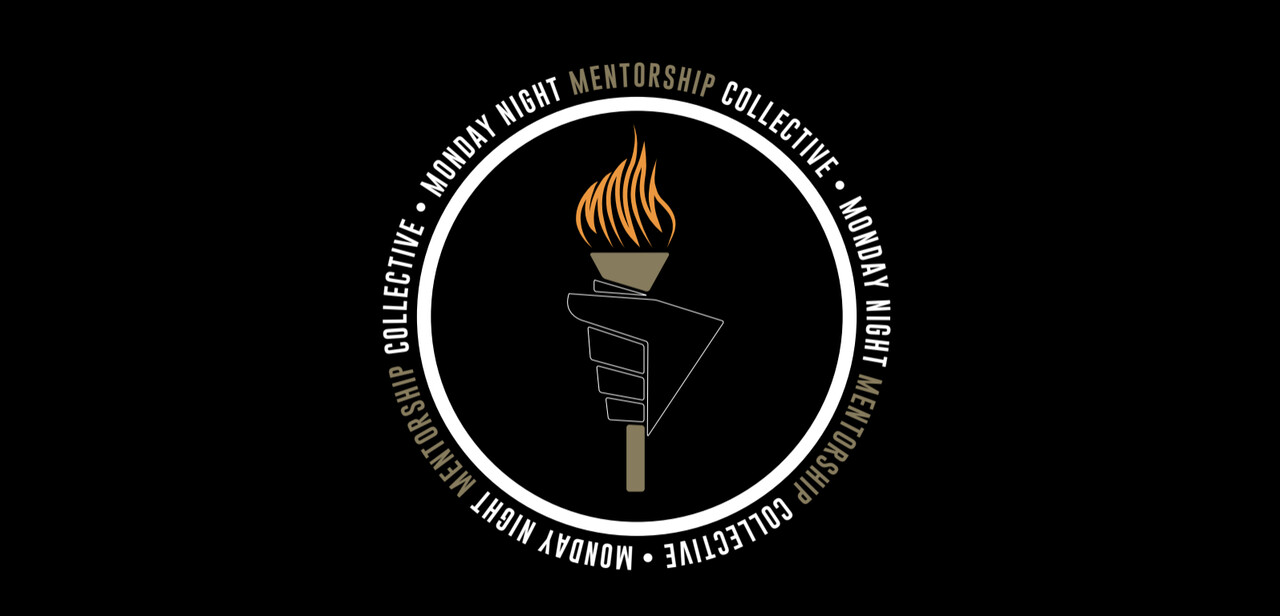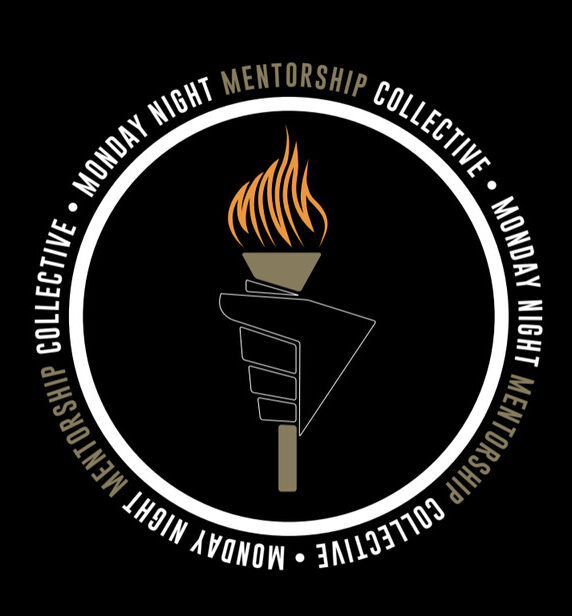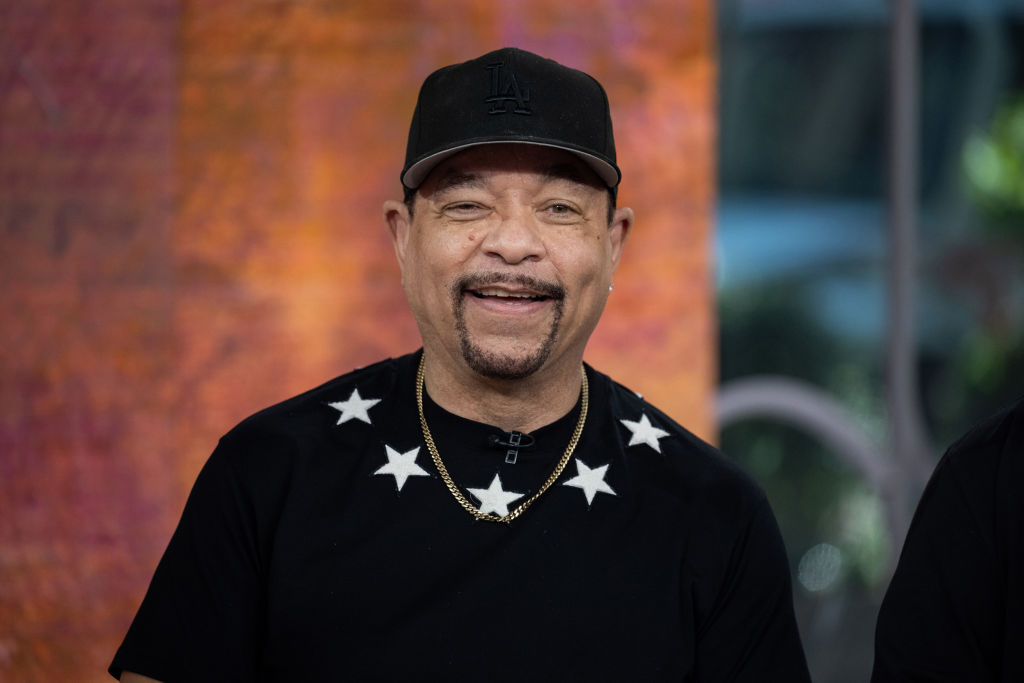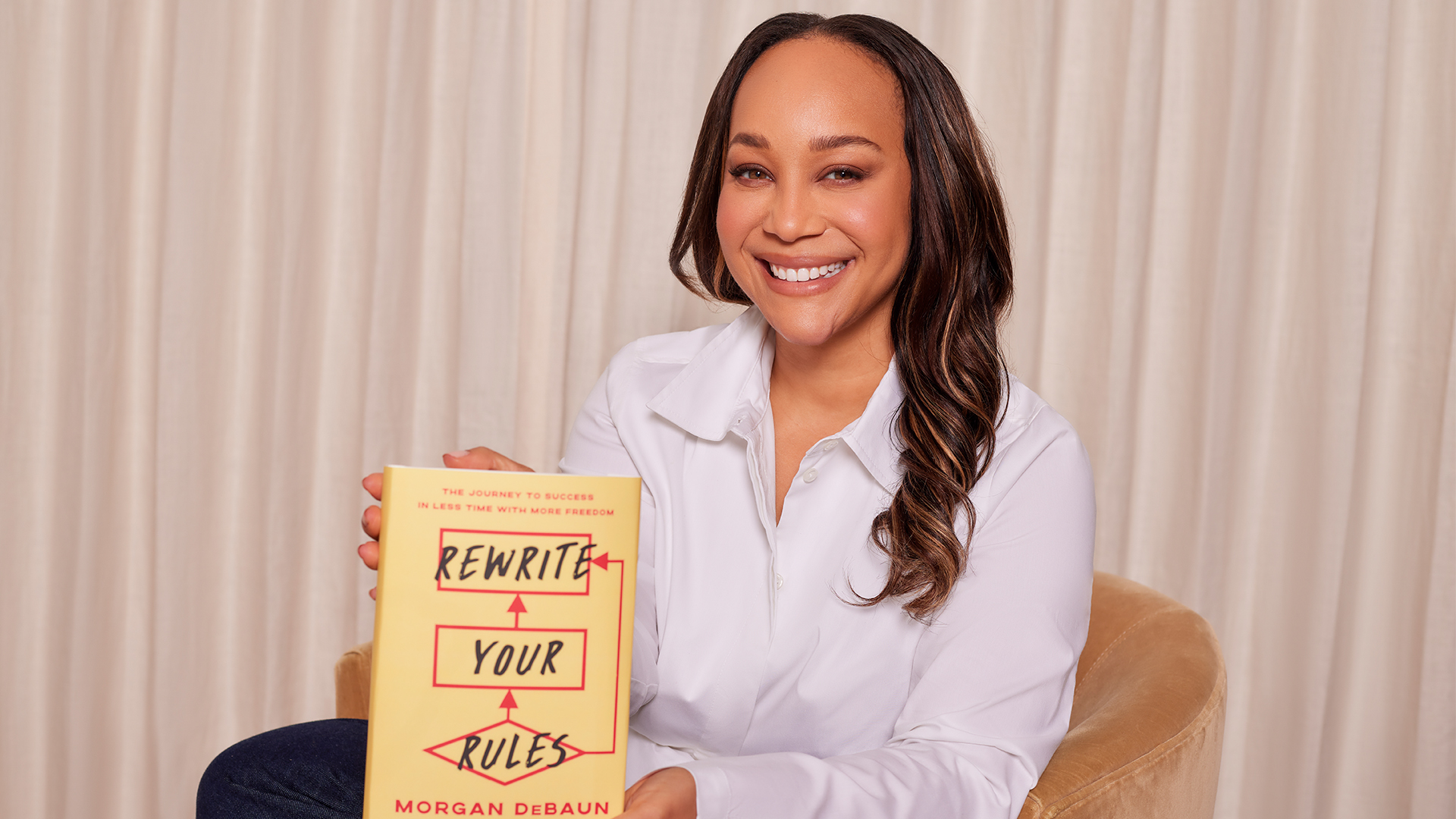We established Monday Night Mentorship (MNM) 18 months ago to accelerate career advancement for marketers of color. What an inspiration it has been to watch this group of mentors and mentees come together and build community around this shared purpose.
As we kick off a new year focusing on forwarding the careers of up-and-coming talent, we are also reflecting on lessons we’ve learned thus far. One topic that has been consistent across MNM is the question of: “How do I get started in a mentor relationship, and how do I make it time well spent?” If your current goals include engaging with a mentor, we are offering what we see as best practices to help you get the most out of your time with a mentor and make it productive for your mentor, too!
Mentors are everywhere. Are you looking for a mentor and thinking you need someone in exactly the same field, with more experience than you have? While that can be fruitful, it isn’t necessary and learnings can come from people across disciplines, backgrounds and levels. Most often we look for the most senior person with the most influence in their industry when trying to engage a mentor. Instead of just focusing on seniority or professional experience, reflect on the personality type and characteristics that will best serve you as you enter the relationship. It’s often more important for the relationship to feel like a good fit, rather than forcing a specific set of requirements. [For example, if you require someone who will push you past your comfort zone, engaging someone who is more of a listener or “passive” in their recommendations may not feel like a good fit, resulting in frustration versus motivation and action.]
A mentorship is a relationship. Like any relationship, it’s two-way. Mentors are eager to help, but the relationship will be more fruitful if it feels like a partnership rather than an unlimited resource to draw from. What can make the difference in resource vs partnership is for you as the mentee to offer value: Do you do your homework and show up to the relationship prepared and thoughtful? Do you listen and contribute in ways that build the relationship? Do you offer support and celebrate wins the way you would for a colleague?
Share why you reached out. It is helpful for a mentor to understand why you reached out for a conversation. If it is general — “You’ve had an amazing career!” “You’re in such a cool role!” “I’d love to pick your brain!” — that demonstrates that you haven’t thought deeply about your motivations and the rationale for the match. Be selective about who you solicit a partnership from, and communicate that to the mentor so they are clear, too.
Be prepared. Mentors are eager to help – they wouldn’t agree to give of their time and energy if they weren’t — but in order to get the most out of your time with a mentor, you must be prepared and intentional. Provide thorough context of what you need from the mentor including what they can help you with, what your goals are, why you chose them, the time commitment you are seeking and how frequently you would like to meet.
Make the meeting(s) easy, and not too long. Send your prepared information ahead of your first meeting so that the mentor can be prepared as well. Make it easy for your mentor by sending a calendar invitation, the context and the agenda. Often, multiple shorter meetings (for example, two, 30-minute-meetings) are better than a longer session. It also provides enough time for you to take action in between sessions and then you can report back on your progress.
Do your homework about your mentor. While it is good to be curious about your mentor and their career path, a lot of information can be found online. Requesting to “know all about your journey” is not a great use of time and there is rarely value in a mentor reciting their background. Try a different approach. Do you have questions about a specific part of their journey? For example, do you want to know more about balancing parenting and your career? Experiences outside of your home country? Or perhaps there is something in particular you’ve learned about the mentor’s background that might be applicable to you. Choose a focus area to get the most value from the conversation.
Work on your story. In MNM we spend time with mentees on helping them craft, distill and deliver their stories. The exercise of knowing yourself, writing your story down, and getting feedback from mentors and peers is invaluable. Providing a starting point for your mentor to digest and react to is a better use of time than having them search for this information from you. Create a draft and bring it to your first mentor meeting. It is an excellent first assignment to set the stage for who you are, where you are today, and where you’re trying to go.
Be specific. It isn’t unusual to have moments in our careers where we’re searching for a path and feeling a bit lost. We’ve all been there. That said, if you enter a mentor relationship to get unstuck and your ask for help is too general, it has a counterintuitive impact on your mentor: they can feel paralyzed. If you’ve done your homework, set intentions and worked on your story, it should help bring your “ask” for your mentor into focus.
Be bold. Mentors love to help make your vision a reality. No ask is too bold. The worst case scenario is that your mentor says no, but if you don’t ask, we can’t help. Try framing the ask as an open-ended question: “How might you be able to help me [fill in the blank]?” instead of “Can you help me [fill the blank]?” This gives the mentor room to brainstorm approaches with you.
Make room for a two-way conversation. Don’t spend the whole meeting talking. Make room and time for the mentor to answer your questions. If you’ve sent information ahead of time, no need to repeat it. Keep the intro short and to the point so there is time for a robust discussion with real outcomes.
Feedback is a gift. Kick off your relationship by establishing that you’d like feedback, and offering to provide feedback. Ask for feedback after a session or two. Tell your mentor what was helpful, and if you are comfortable, share what wasn’t helpful as well. Mentors want to grow as much as you do.
Stay in touch. Did your mentor offer advice on a particular situation? Did you discuss an action item you were going to take? Follow up with your mentor and let them know how you implemented the advice and what the outcome was. Mentors want to learn if they’re offering workable suggestions.
Whether you’re currently in the MNM community, considering joining, or exploring how to grow in a mentee/mentor relationship, we hope these approaches spark some ideas and are helpful. Even if you only employ one or two, you’ll be much further on your way to realizing real value from a relationship with a mentor.
– Monday Night Mentorship, Board of Mentors:
Julian Duncan, Pamela Neferkara, Jason White, Melissa Waters, Kofi Amoo-Gottfried, Annie Jean-Baptiste, Will Valentine, Sari De, Daniel Cherry, Devika Brij, Orlando Baeza, Menaka Gopinath
—
MNM began as a way to support, empower and provide resources for marketers of color. We’ve designed our program to center the experiences of groups that have been historically underrepresented in the professional industry. As we continue to grow, we remain committed to serving and centering the lived experiences of professionals of color, but our doors are also open to aspiring allies who want to build community, learn from one another, and commit to building a more equitable ecosystem for historically underrepresented groups.

















